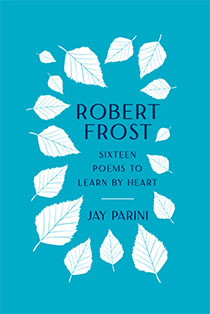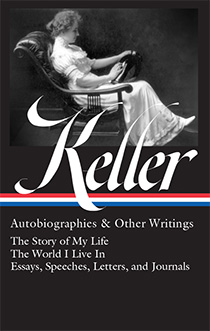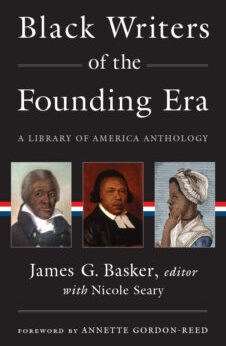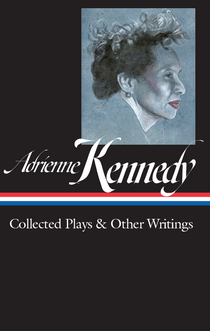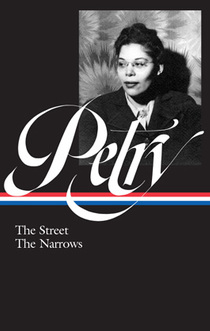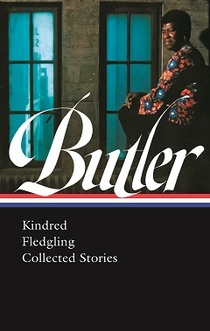Gifts for Mother's Day
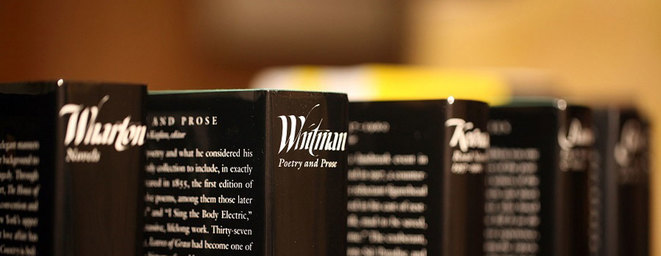
Looking to send Mom something a little more original than flowers? Library of America has something for every reader’s taste, from classic to contemporary.
Cool, dispassionate, and incisive, Joan Didion’s voice is electric on the page. Using autobiographical elements to stunning literary effect, she has captured the anarchic convulsions and anxious contradictions of the waning American Century and the coming new millennium with incomparable clarity and force. Now, Library of America inaugurates a definitive three-volume edition of Didion’s collected writings with the landmark works of the 1960s and 1970s, books that established her as one of the most original and influential literary figures of our time.
Didion’s darkly nostalgic debut novel Run River (1963) is set among the ranch families of her native Sacramento Valley, their prosperity and pioneer traditions threatened by suburban sprawl and the changing values of a postwar world. A riveting chronicle of passion, infidelity, and betrayal in the twenty-year marriage of Lily Knight and Everett McClellan, it eloquently evokes one woman’s alienation amid the landscapes of a disappearing California.
A major milestone in the rise of the New Journalism, Slouching Towards Bethlehem (1968) gathers Didion’s kaleidoscopic essays of the mid-1960s: masterpieces whose subjects include an aging John Wayne, a Los Angeles Maoist, the Las Vegas wedding industry, and the acid-tripping counterculture of San Francisco’s Haight-Ashbury. The collection showcases Didion’s signature literary persona—“a memorable voice, partly eulogistic, partly despairing, always in control” (Joyce Carol Oates)—while introducing a style of reportage that transformed the expectations of generations of readers and writers.
In Play It As It Lays (1970) model and actress Maria Wyeth, her brief career fading, finds herself adrift in a sun-drenched, air-conditioned, and utterly benumbed world in which pills, fast cars, and casual sex have replaced human connection. The pared-down, impressionistic prose frames a harrowing story of a Hollywood life gone wrong.
Well-meaning norteamericana Charlotte Douglas arrives in the lush, dangerously chaotic Central American republic of Boca Grande, in Didion’s third novel, A Book of Common Prayer (1977), hoping to trace the whereabouts of her daughter Marin, an affluent teenager turned Marxist-revolutionary terrorist. “Immaculate of history, innocent of politics,” Douglas is swept up in intrigues and violence beyond her ability to comprehend, as Didion dissects the menacing realities of imperialism and revolution.
In The White Album (1979) Didion continues her intense, intimate, clear-eyed investigations of a California coming apart at the seams. In trips to shopping malls and to the Getty Museum; visits with Nancy Reagan, The Doors, and the Black Panthers; accounts of the prosecution of the Manson Family—all counterpointed with her own dark moods and obsessions—she offers a brilliant mosaic of a time that continues to shape our own and a monument of superlative literary nonfiction.
David L. Ulin, editor, is the former book editor and book critic of the Los Angeles Times. A 2015 Guggenheim Fellow, he is the author or editor of ten books, including Sidewalking: Coming to Terms with Los Angeles, Labyrinth, and The Lost Art of Reading: Books and Resistance in a Troubled Time. For Library of America he has also edited Writing Los Angeles: A Literary Anthology.
This Library of America series edition is printed on acid-free paper and features Smyth-sewn binding, a full cloth cover, and a ribbon marker.
Project support for this volume was provided by Harrison Ford, in memory of Melissa Mathison and Earl McGrath, Alan Alda, Big Beach, Boaty Boatwright, Susan L. Brody, Lucy Fisher and Douglas Z. Wick, Louise Grunwald, Penelope C. Hall, David Hare, ICM Partners, Kathleen Kennedy, Lyn and Norman Lear, Carey Lowell, Liam Neeson, Wyndham Robertson, Richard Roth, Meryl Streep, and Jann Wenner.
